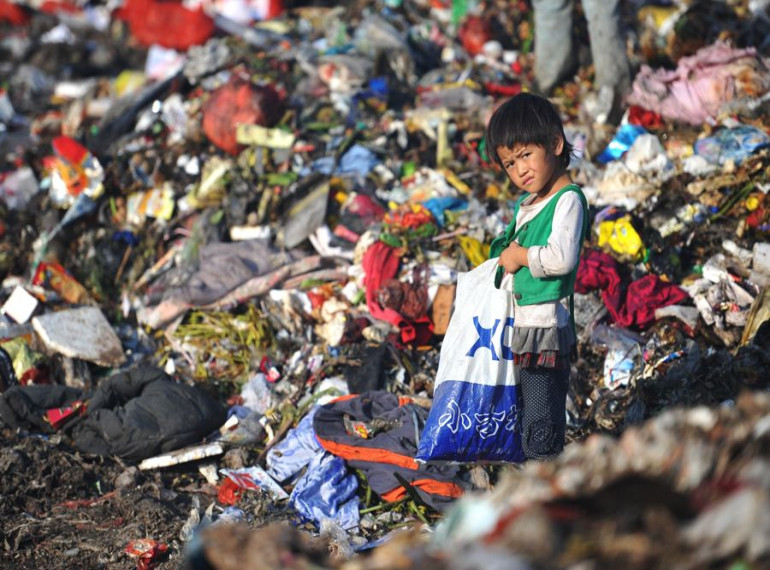Empowering Lives with Compassion: Extending a Helping Hand to the Less Fortunate
In a world where economic disparities persist, and poverty casts a dark shadow over countless lives, there exists a glimmer of hope. Humanity's innate compassion has paved the way for numerous initiatives aimed at helping poor people and uplifting their spirits. In this blog, we delve into the significance of supporting the underprivileged, the transformative impact of such acts of kindness, and how each one of us can contribute to building a brighter, more equitable future.
1. Understanding the Faces of Poverty
Poverty manifests in various forms, affecting individuals, families, and entire communities. From lack of access to basic necessities like food, shelter, and clean water, to limited opportunities for education and healthcare, the faces of poverty are diverse and challenging. By empathizing with the struggles faced by the less fortunate, we open our hearts to the possibility of making a difference in their lives.
2. The Power of Empowerment
At the core of helping the poor lies the notion of empowerment. It is not merely about providing temporary aid but offering individuals the tools and resources to break free from the shackles of poverty. Through education, vocational training, and skill development, we empower people to secure sustainable livelihoods and create positive changes in their communities.
3. Acts of Kindness: A Ripple Effect
Small acts of kindness can have a profound impact on the lives of those in need. From volunteering at local shelters to donating to food banks, each act contributes to a ripple effect of compassion. The positive influence of such gestures extends far beyond the immediate beneficiaries, inspiring others to join the cause and create a wave of positive change.
4. NGOs and Community Initiatives
Non-governmental organizations (NGOs) play a pivotal role in helping poor people. These organizations work tirelessly to address the multifaceted challenges of poverty, focusing on education, healthcare, livelihood support, and more. By supporting these NGOs or actively participating in community initiatives, we contribute to their efforts in making the world a better place.
5. Sustainable Solutions for Lasting Impact
While immediate relief is crucial in times of crisis, it is equally important to seek sustainable solutions for lasting impact. Initiatives that focus on education and skill development can break the cycle of poverty, empowering individuals to become self-sufficient and independent.
6. Nurturing Compassionate Communities
Fostering a culture of empathy and compassion is essential in our journey to help the poor. By encouraging dialogue, raising awareness, and promoting social responsibility, we can create compassionate communities that come together to support the less fortunate.
7. The Joy of Giving
While helping those in need undoubtedly benefits them, it also brings immense joy and fulfillment to the giver. The act of giving, whether in the form of time, resources, or skills, nourishes the soul and connects us to our shared humanity.
Conclusion
In a world that can often seem divided and fraught with challenges, helping poor people serves as a shining beacon of hope. Every small act of kindness and each effort to empower lives can create a ripple effect, igniting positive change in the lives of the less fortunate. Together, let us extend a helping hand, sow the seeds of compassion, and work towards building a world where every individual can thrive and realize their full potential. Remember, it only takes one kind gesture to illuminate a life and set in motion a chain reaction of love and support.
